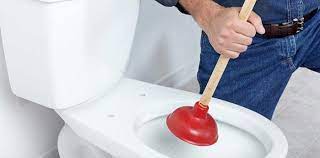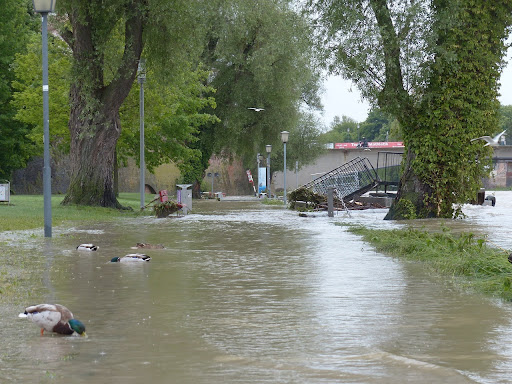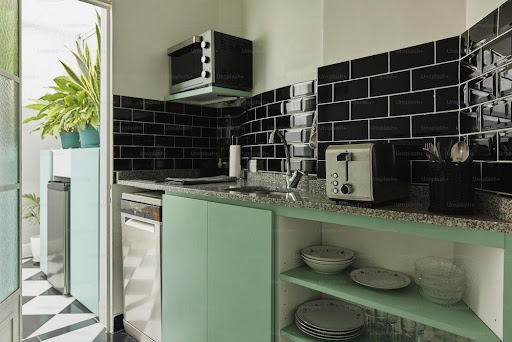Introduction
Plumbing problems are a homeowner’s nightmare, often occurring at the most inconvenient times. From leaky faucets to burst pipes, the challenges can be perplexing and burstiness frustrating. In this guide, we will explore the most common plumbing issues and provide practical solutions, empowering you to handle minor problems on your own and know when to call in the experts.
Importance of a well-maintained plumbing system
A well-functioning plumbing system is crucial for a comfortable and hygienic home. Neglecting plumbing issues can lead to more significant problems and costly repairs.
Common plumbing issues overview
Understanding the common plumbing issues homeowners face sets the stage for effective maintenance and quick problem-solving.
Clogged Drains
Causes of clogged drains
Hair, soap scum, and grease are common culprits. Knowing the causes helps in prevention.
DIY solutions
Simple tools like a plunger or homemade drain cleaner can often clear clogs.
When to call a professional plumber
Persistent or severe clogs may require professional intervention.
Leaky Faucets
Worn-out washers or damaged O-rings are frequent causes of leaks.Replacing faulty parts and tightening connections can usually stop the leak.Ignoring a leaky faucet wastes water and can lead to more extensive damage.
Running Toilets
Faulty flappers or fill valves are common issues causing toilets to run continuously.Adjusting the flapper or replacing the fill valve can resolve the problem.If DIY efforts fail or if there’s a persistent issue, it’s time to call a plumber.
Low Water Pressure
Potential causes of low water pressure
Mineral buildup, pipe issues, or municipal problems can lead to low water pressure.
Troubleshooting low water pressure
Checking for blockages and testing pressure regulators can help identify and fix the problem.
Seeking professional assistance
Persistent low water pressure may require a professional evaluation and repairs.
Burst Pipes
Common reasons for burst pipes
Freezing temperatures, corrosion, or high water pressure can lead to burst pipes.
Emergency measures to take
Turn off the water supply and call a plumber immediately.
Hiring a plumber for permanent solutions
Professionals can assess the damage and provide lasting solutions to prevent future bursts.
Faulty Water Heater
Indications of a faulty water heater
Inadequate hot water, strange noises, or leaks signal water heater problems.
DIY water heater troubleshooting
Flushing the tank and checking the thermostat can resolve common issues.
When to consult a professional plumber
If DIY efforts don’t solve the problem, it’s time to call in a professional plumber.
Strange Noises in Pipes
Possible reasons for noisy pipes
Water hammer, loose pipes, or sediment buildup can create strange sounds.
DIY solutions for quieting pipes
Securing loose pipes and installing water hammer arrestors can eliminate noises.
Professional evaluation when necessary
Persistent or severe pipe noises may require a plumber’s expertise.
Sewer Line Issues
Signs of sewer line problems
Sewage backups, foul odors, or slow drains can indicate sewer line issues.
DIY sewer line maintenance
Regular rooter treatments and avoiding flushing non-degradable items can prevent issues.
Importance of professional inspection
Regular inspections by a professional plumber can catch and address sewer line problems early.
Corroded Pipes
Causes of pipe corrosion
Chemical reactions, high acidity, or age can contribute to pipe corrosion.
Preventive measures
Regular inspections and applying anti-corrosion coatings can slow down the corrosion process.
Replacing corroded pipes
When pipes are severely corroded, replacement is the best long-term solution.
Tree Root Intrusion
- How tree roots affect plumbing
Tree roots seeking moisture can infiltrate pipes, causing blockages and damage.
Preventing tree root intrusion
Strategic planting and regular root barrier maintenance can prevent root-related plumbing issues.
Professional solutions for existing issues
When tree roots have already caused damage, professional removal and repairs are necessary.
Frozen Pipes
Risks associated with frozen pipes
Frozen pipes can burst, causing extensive water damage.
Thawing frozen pipes safely
Using gentle heat sources and avoiding open flames can safely thaw frozen pipes.
Preventing pipe freezing
Insulating pipes and maintaining consistent indoor temperatures can prevent freezing.
Smelly Drains
Causes of unpleasant odors
Bacteria buildup, trapped debris, or sewer gas leaks can lead to foul drain odors.
DIY methods to eliminate drain smells
Boiling water, baking soda, and vinegar can be effective in eliminating odors.
Professional interventions when needed
Persistent odors may indicate a deeper issue that requires professional attention.
DIY Plumbing Maintenance Tips
Regular inspection and cleaning
Regularly inspecting pipes and drains can catch issues early.
Understanding your plumbing system
Knowing the layout of your plumbing system helps in troubleshooting.
Preventive measures for common issues
Implementing simple preventive measures can save you from major plumbing headaches.
Conclusion
Understanding and addressing common plumbing problems is essential for a well-maintained home. Regular maintenance and prompt repairs are key to preventing major plumbing disasters. While DIY solutions are valuable, knowing when to call a professional ensures the longevity of your plumbing system.
Frequently Asked Questions (FAQs)
- How can I prevent clogged drains?
Regularly use drain covers and avoid pouring grease down the drain.
- Why is my water heater making strange noises?
Sediment buildup in the tank can cause noises. Flushing the tank may resolve the issue.
- What should I do if I have a burst pipe?
Turn off the water supply immediately and call a professional plumber for emergency repairs.
- Are there any DIY solutions for low water pressure?
Cleaning faucet aerators and checking for pipe blockages are common DIY measures for low water pressure.
- How often should I schedule professional plumbing inspections?
Annual inspections are recommended to catch and address potential issues early.



